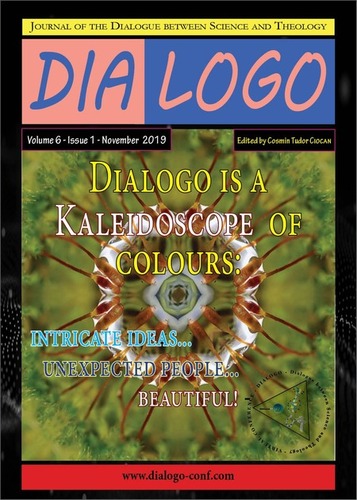Understandings of Theological Conversion in the Interreligious Dialogue
Understandings of Theological Conversion in the Interreligious Dialogue
Author(s): Cosmin Tudor Ciocan, Osman Murat DenizSubject(s): Comparative Studies of Religion, Philosophy of Religion, Social differentiation, Globalization, Sociology of Religion
Published by: Dialogo Publishing House SRL
Keywords: conversion; religious experience; pluralism; Christianity; Islam; Judaism; religion; philosophy;
Summary/Abstract: Conversion is a word with a variety of meanings. It also has various significations, from the exchange between different currencies, to job conversion or the change of career path, to the change from one religion, political belief, viewpoint, etc., to another – all these types of conversion have mutual methods and shared purposes. They are all requiring malleability, the capacity of exchanging old things for the new ones, openness to different, the will to adopt something new or at least different, and the legerity of giving up on the old things. All these requirements are always easier said than done, and therefore conversion is not for all types of characters and personalities, some being more stable and fundamental, thus resistant to renewal.There is no religion, on the one hand, that does not promote conversion and thus use proselytism to do it. On the other hand, same religions that believe conversion (to their own faith) is an act of God, a sign that everyone should embrace and leave whatever religious belief they might have previously, consider it as a ‘sin’, an act that should be forbidden, the conversion/leaving for other, diverse religion. How is it regarded by religions and scientific thought and at what point it became obsolete?
Journal: Dialogo
- Issue Year: 6/2019
- Issue No: 1
- Page Range: 59-69
- Page Count: 11
- Language: English

